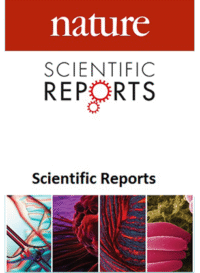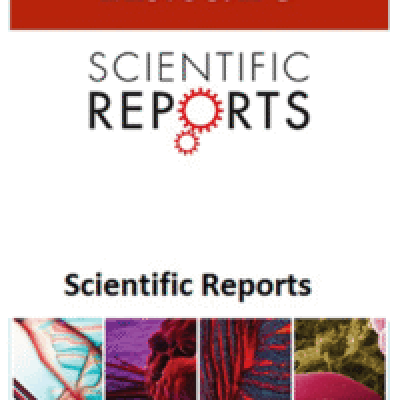Tamás Keller , Péter Szakál
Sci Rep 15, 31898 (2025)
Abstract:
Both moral cleansing and moral licensing theories suggest that moral self-concept positively influences subsequent engagement in fraudulent behavior. Specifically, a decrease in moral self-concept reduces dishonesty (moral cleansing), while an increase promotes it (moral licensing). However, within these theoretical frameworks, prior research has rarely measured moral self-concept directly, and even fewer studies have manipulated it experimentally. As a result, a direct test of the role of self-concept in these theories is still lacking. This study addresses this gap by experimentally manipulating and directly measuring moral self-concept to examine its relation to subsequent fraudulent behavior. A large-scale randomized experiment was conducted among Hungarian university students, using a subtle priming intervention that urged participants to recall their past moral transgressions. This manipulation effectively lowered moral self-concept, which in turn reduced dishonest behavior, as measured by the fraudulent misreporting of numbers rolled in a monetarily incentivized “die-under-the-cup” task. This causal chain aligns with the theory of moral cleansing. Using the randomized treatment as an instrument, the study has identified a positive causal effect of moral self-concept on fraudulent behavior, indicating that a decrease in moral self-concept reduces fraudulent behavior.



